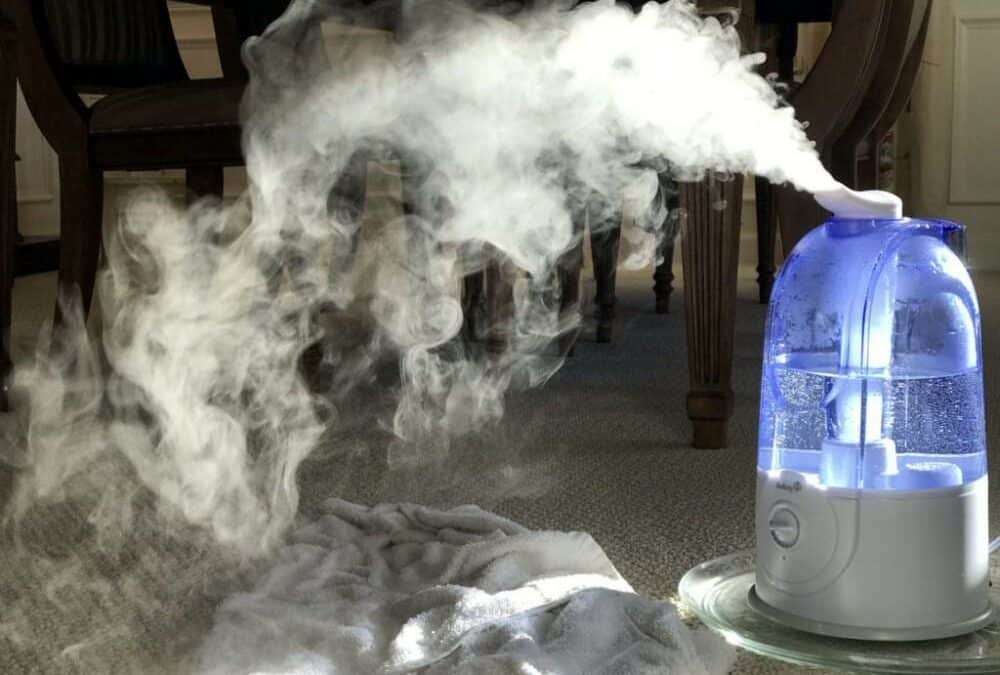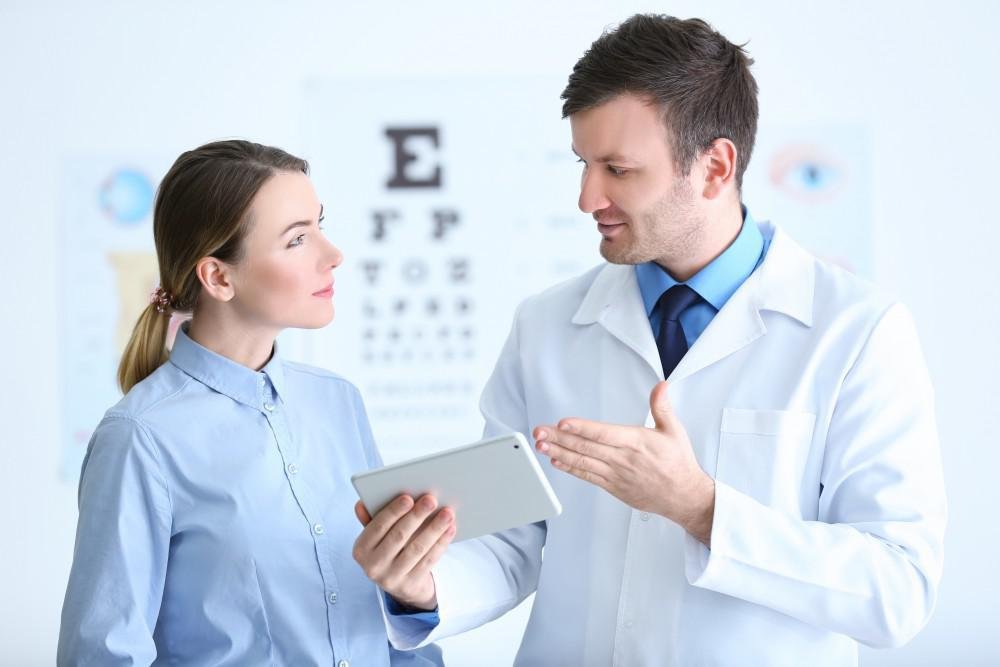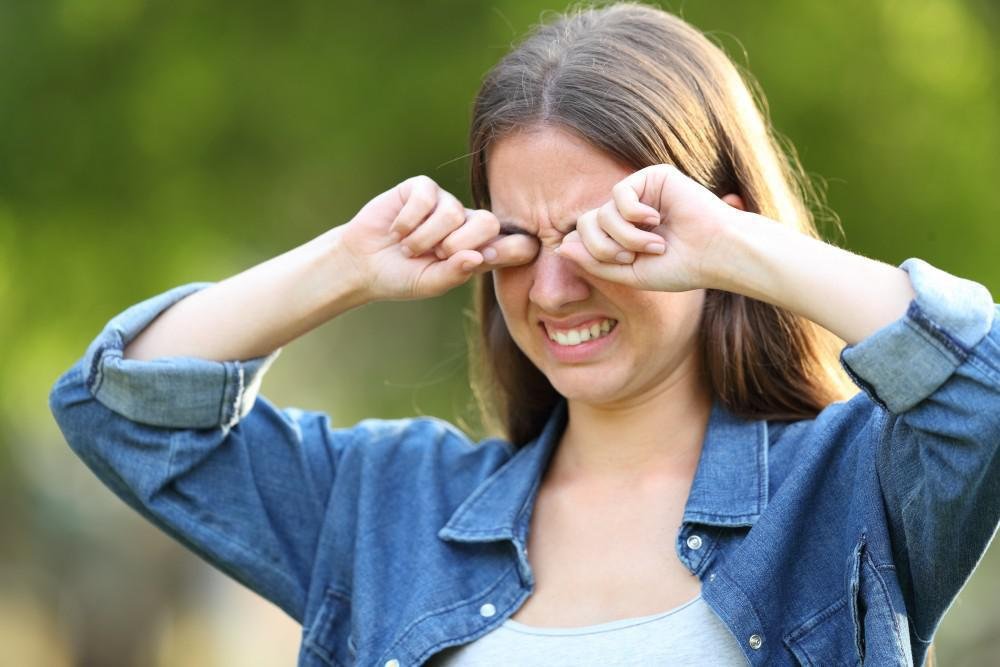- Compresses. Apply warm compresses to your eyes, gently washing your eyelids with baby shampoo afterwards. This can help release the oils in your tear glands, improving the quality of your tears.
- Humidifier. Use a bedside humidifier during colder weather, and add one to your furnace as well. This will put moisture back into the dry air, greatly reducing your symptoms.
- Get out of the wind. Fans, hair dryers, and wind make eyes dry, so people who are suffering with dry eyes should avoid the air movement created by each of these. Sunglasses can help you protect your eyes from windy conditions.
- Artificial tears. There are many brands available on the market, and they can really be helpful in relief of dry eye symptoms. Lubricating gels are another option, too. They are of a thicker consistency and can create blurred vision after use, so application should be done before bedtime.
- Pass on the sweets. Cutting down on artificial sweeteners and sugars can help prevent dry eye, and anyone with diabetes will want to ensure that their blood sugar levels are kept within the recommended range to avoid eye damage. Drinking 8-10 glasses of water daily can also be beneficial.
- Don’t smoke. If you smoke, please stop. If you don’t, please don’t start.
- Supplements. Omega 3 fatty acids, Vitamin A, and Vitamin D are all helpful in decreasing your dry eye issues. Omega 3 can be found in salmon, sardines, flax seeds, and anchovies, while A and D are found in vegetables, fruits, and whole grains. Discuss the use and dosage of nutritional supplements and vitamins with your doctor.
The team here at Classic Vision Care understands how important the gift of sight is, and we strive to provide the best possible eye care to each and every one of our patients. Classic Vision Care services patients throughout the Atlanta metro area, including West Paces Ferry, Smyrna, and East Cobb. To learn more about the services we offer, you can schedule a consultation online or simply call our offices. We look forward to speaking with you!
You Might Also Enjoy…
If you find yourself squinting throughout the day in order to see better, it may be a sign you need glasses. Is continuous squinting bad for your eyes? See how you can correct your vision without squinting.
Millions of people suffer from dry eyes in the United States alone. Discover five common symptoms and how to prevent and treat this uncomfortable condition to avoid further complications.
 Are Glasses Better than Contacts?
Are Glasses Better than Contacts?
Trying to decide between wearing eyeglasses or contact lenses? Consider all the factors, including comfort, ease, and appearance. We’ve compiled a list of pros and cons to help you see your way through this significant decision.

No doubt you always have your favorite shades close by all summer. But sunglasses protect your eyes all year long, even during darker winter months. Learn how they shield your eyes from harmful ultraviolet (UV) rays any time of year.
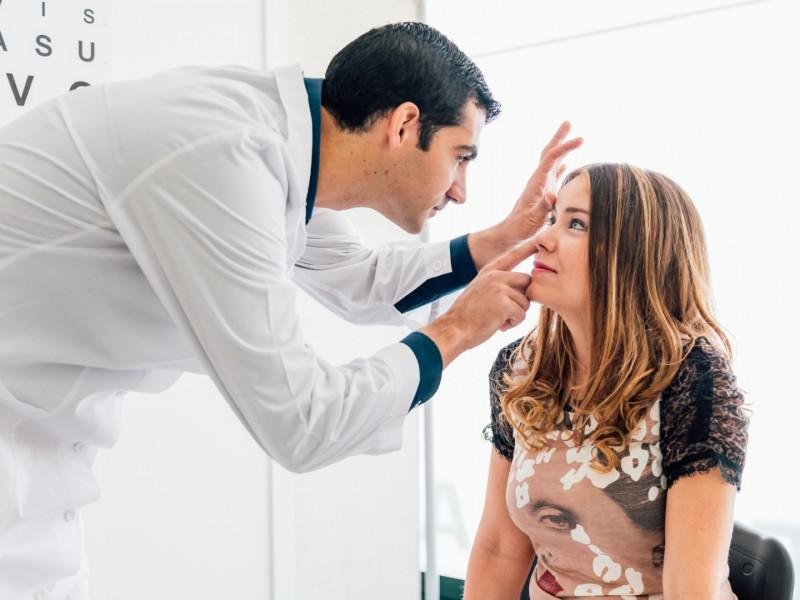
Astigmatism causes a variety of symptoms ranging from blurred vision to eye discomfort and pressure. Understand how a comprehensive eye exam can pinpoint the cause of your symptoms and get your sight back on track.
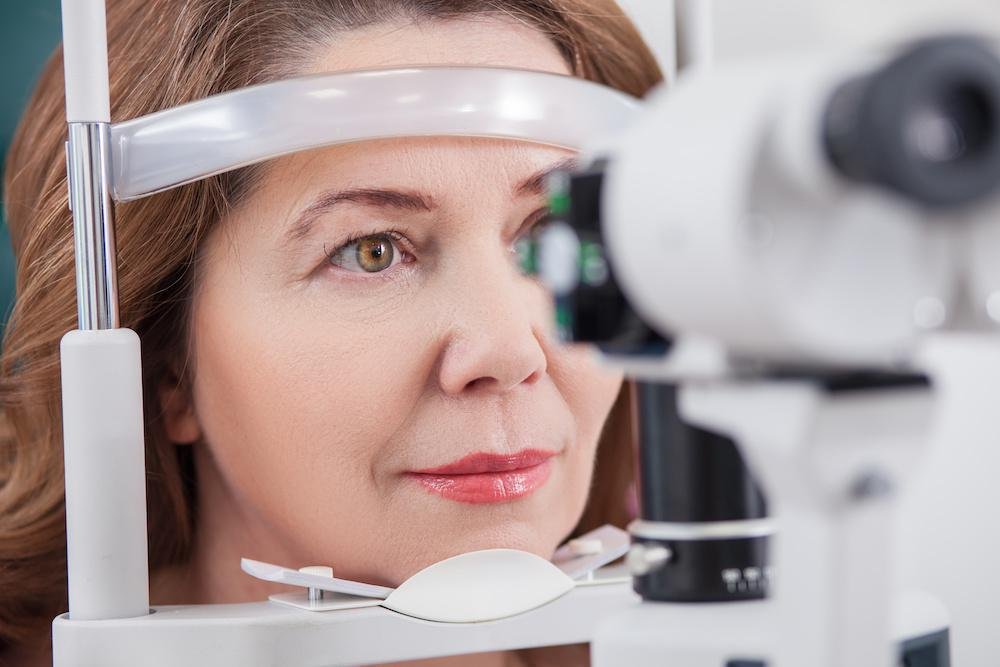
Could you be at risk for glaucoma? The short answer is that everyone, especially seniors, is at risk for glaucoma. Learn how to lessen your odds of losing your sight through early detection and treatment.

